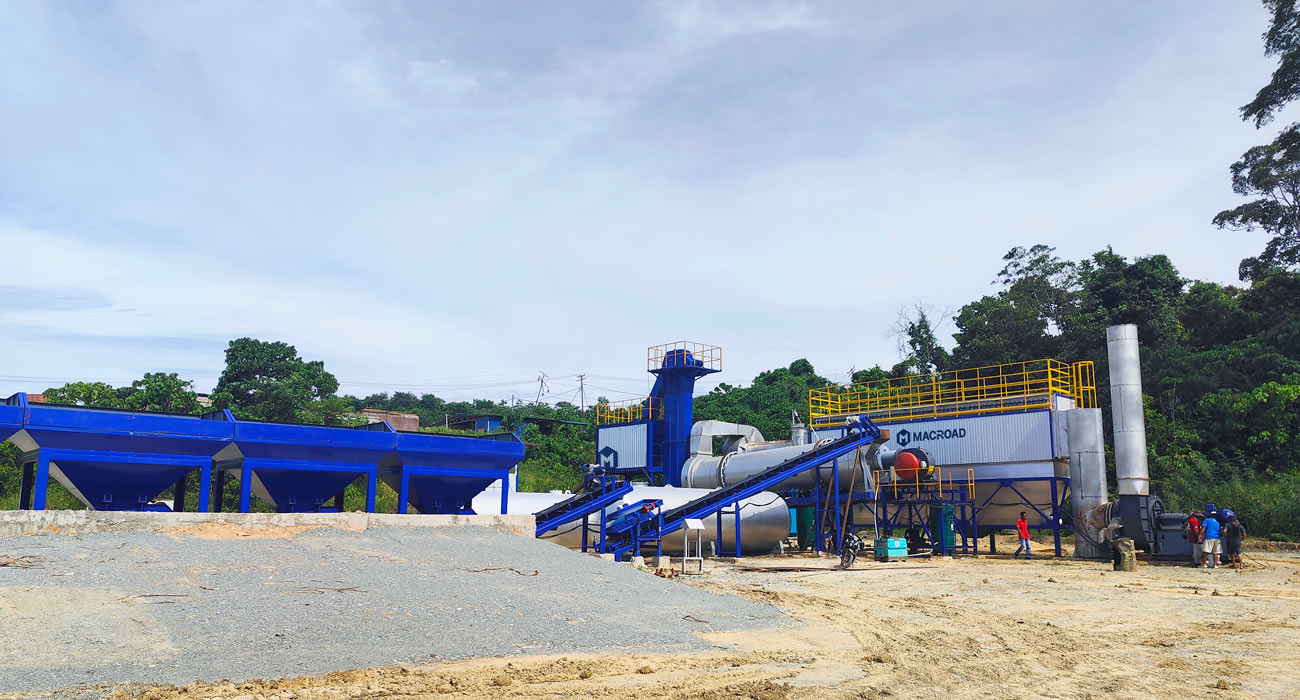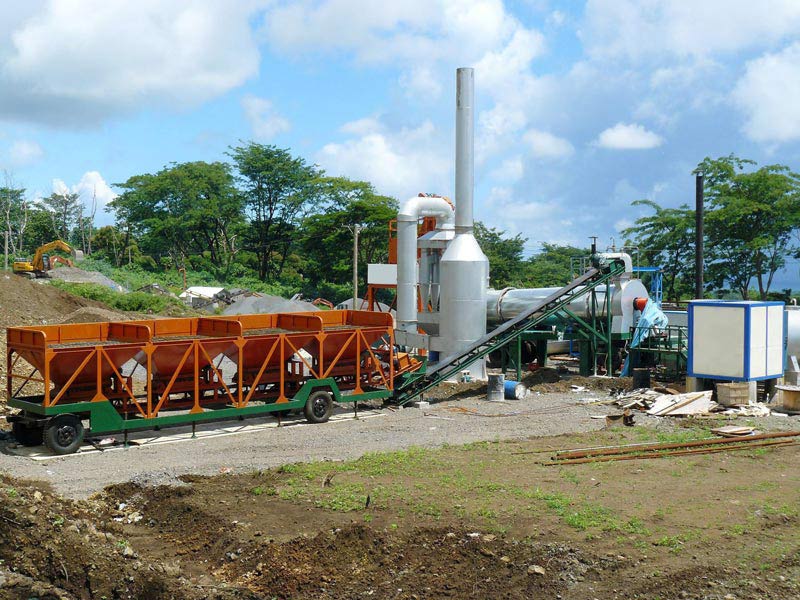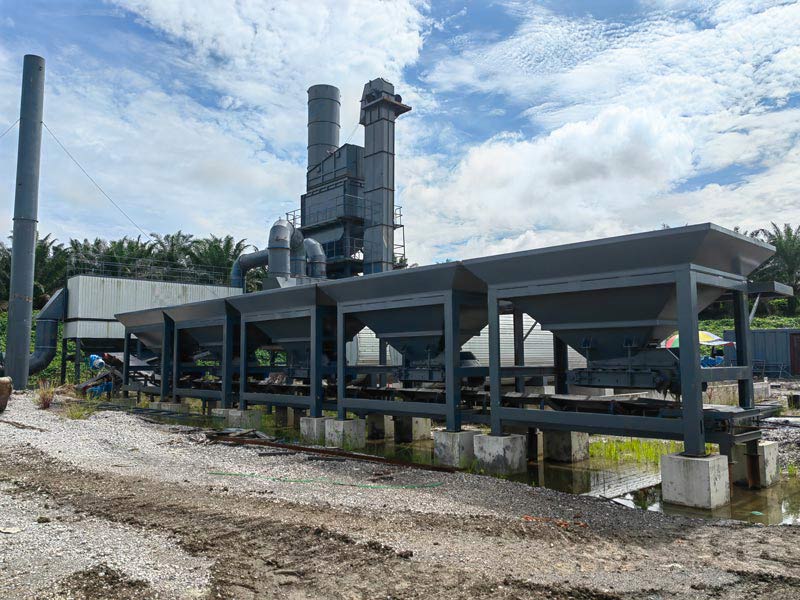Transportation costs play a significant role in the overall expenditure of operating asphalt mixing plants. One effective strategy to mitigate these costs is through the implementation of lightweight design principles. This approach not only lowers transportation expenses but also enhances operational efficiency. In this article, we will explore how lightweight design can significantly reduce transportation costs, focusing on user perspectives and practical applications.

The Importance of Lightweight Design
Lightweight design refers to the use of advanced materials and engineering techniques to create asphalt mixing plants that are easier to transport. Traditional asphalt plants, whether stationary or mobile asphalt plant for sale, often involve heavy components that can drive up shipping costs. By adopting lightweight materials, manufacturers can produce equipment that reduces the overall weight without compromising structural integrity.

For example, using high-strength steel or innovative composites can lead to significant weight reductions in various plant types, such as drum asphalt mixing plant and batch mix asphalt plants. This reduction in weight can result in lower freight charges and fuel consumption during transportation, making it a cost-effective solution for contractors who frequently move their equipment between job sites.

Enhanced Mobility and Flexibility
In addition to reducing transportation costs, lightweight design contributes to enhanced mobility and operational flexibility. Mobile asphalt plants, such as small portable asphalt plants and mini asphalt mixing plants, are particularly well-suited for lightweight design. Their reduced weight facilitates quicker setup and relocation, allowing contractors to respond swiftly to changing project demands.
This mobility is crucial in competitive environments where timely delivery of materials can influence project success. By minimizing transportation delays, asphalt plant manufacturers can maintain tighter schedules and enhance client satisfaction. Furthermore, the ease of transportation allows businesses to expand their operational reach, taking on projects in diverse locations without the burden of excessive logistics costs.
Long-Term Cost Efficiency
Investing in lightweight design not only provides immediate savings in transportation costs but also promotes long-term cost efficiency. With reduced weight, companies can optimize their logistics processes, leading to lower fuel consumption and fewer wear-and-tear issues during transit. This is especially relevant for heavy-duty asphalt mixing plants that typically incur high transportation costs due to their size and weight.
Moreover, lighter plants can potentially allow for smaller and more fuel-efficient transport vehicles, further decreasing operational costs. As businesses evaluate their total cost of ownership, the benefits of lightweight design become increasingly apparent. By lowering transportation expenses, companies can allocate resources more effectively, ultimately improving their bottom line.
In conclusion, the application of lightweight in asphalt plant design presents a strategic advantage for reducing transportation costs. By enhancing mobility, promoting operational flexibility, and ensuring long-term cost efficiency, lightweight designs cater to the practical needs of users in the asphalt industry. As the market evolves, embracing these innovative approaches will be essential for companies aiming to enhance their competitiveness and operational effectiveness.